Small Business and Resilience
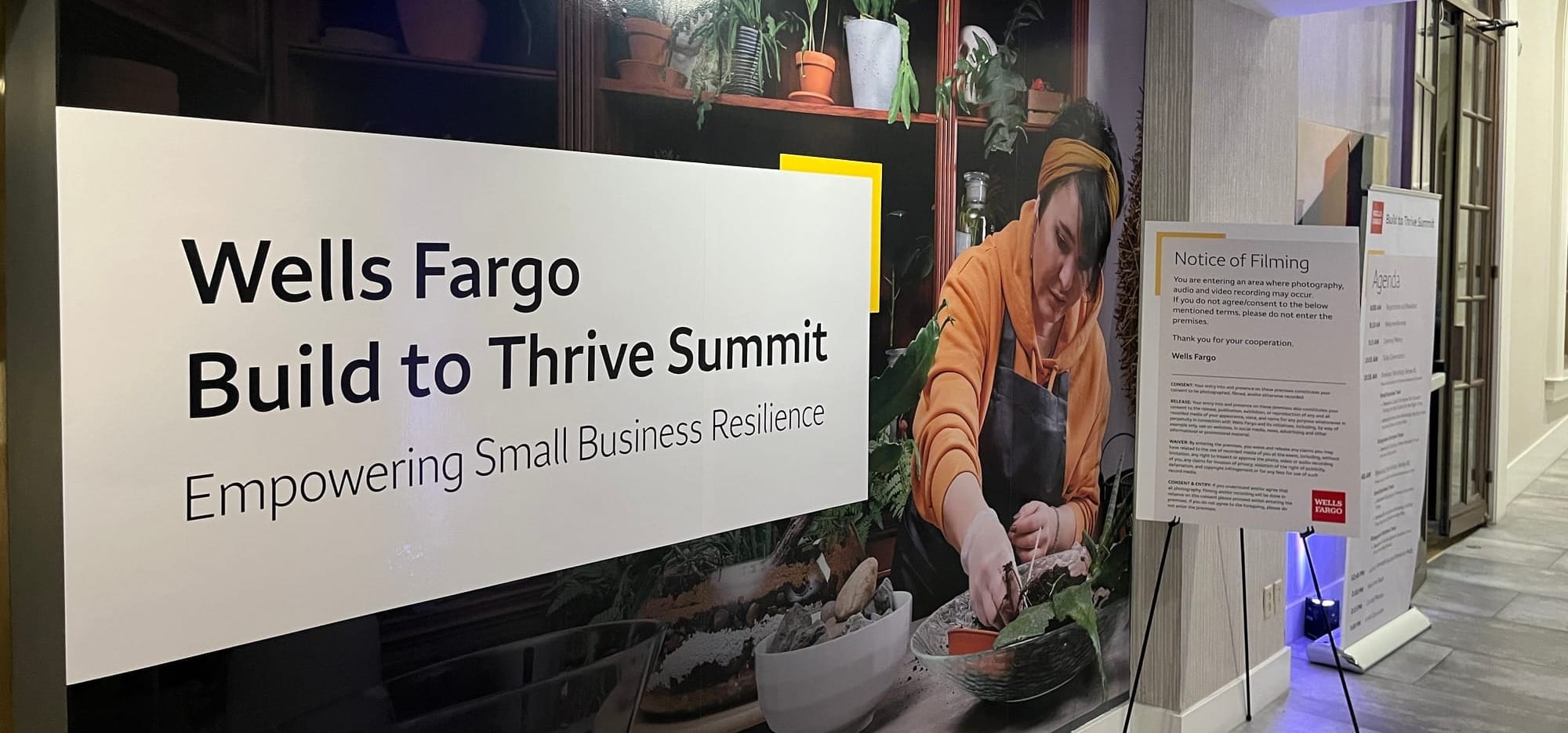
Last weekend, I had the chance to attend the Build to Thrive Summit in Pasadena, a community event sponsored by Wells Fargo and dedicated to helping local small businesses recover and grow.
Small businesses are the backbone of the American economy, and they’re also the core users we serve with Proact, our AI-powered government contracting teaming platform. Since the government requires 23 percent of contracts to go to small businesses, the opportunity is massive, but it demands a deep understanding of how these businesses operate and what they need to succeed.
This event provided exactly that insight.
1. The Crisis and Recovery of Small Business
The summit opened with remarks from U.S. Representative Judy Chu and Wells Fargo Senior Vice President Gregg Sherkin.
- 9,500 structures were destroyed.
- More than 20,000 residents were displaced.
- Nine lives were lost.
- $300 million in wages were lost.
- $3 billion in SBA disaster loans were approved, yet many are still unable to access new loans because of prior COVID relief.
Listening to her, I realized that the local economy did not just take a hit. It collapsed.
Her response was immediate and action-oriented:
- Pushing the SBA for a Hardship Accommodation Plan
- Introducing a mortgage relief bill for disaster zones
- Requesting a $34 billion federal disaster aid package
- Opposing cuts to the MBDA
- Preventing layoffs of 2,700 SBA employees
- Co-authoring legislation to strengthen SBIR
- Establishing two new SBDCs and securing funding for a Women’s Business Center, which drew huge cheers from the crowd
Then Gregg Sherkin from Wells Fargo announced an additional $3 million support fund, describing it not as charity but as a long-term investment:
“Help businesses recover, rebuild, and thrive. Keep them open. Bring them back stronger than ever.”
The energy in the room shifted. You could feel a sense of unity as a community determined to rebuild together.
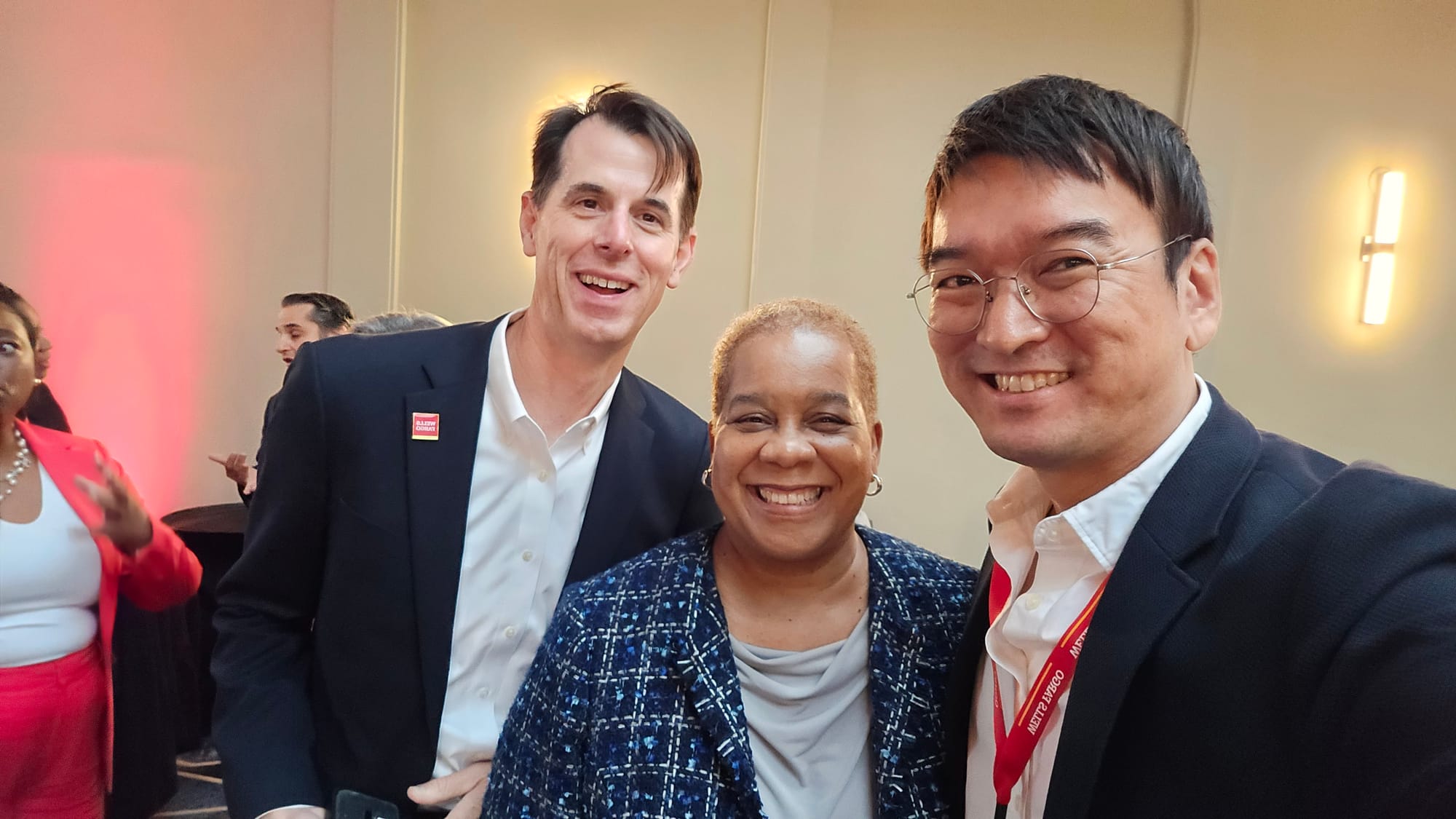
2. “Strong Together”
The first panel focused on how small businesses can survive in times of uncertainty.
A key theme emerged: relationships and community collaboration matter more in America than we often realize.
Dr. Lucy Jones – Disaster Scientist and Resilience Expert
She said something that really stayed with me
“Crisis is not bad luck. It is part of your environment. Your business model must assume it will happen.”
It is not about responding to a crisis but designing for it. A truth we all know but often try to ignore.
Maria Kim – Social Entrepreneur
She added,
“Don’t try to build resilience. Act as someone who is already resilient.”
She emphasized that leadership, internal systems, and proactive planning matter more than passion alone.
Diana Gonzalez – Small Business Owner
Her message was practical and grounded in experience.
When disaster struck, she did not just cut her losses. She pivoted quickly.
She stressed the importance of transparent communication with teams, especially during crisis. The culture you build in a crisis, she said, is the foundation of resilience.
Hearing real operators share their experiences grounded the theory in reality.
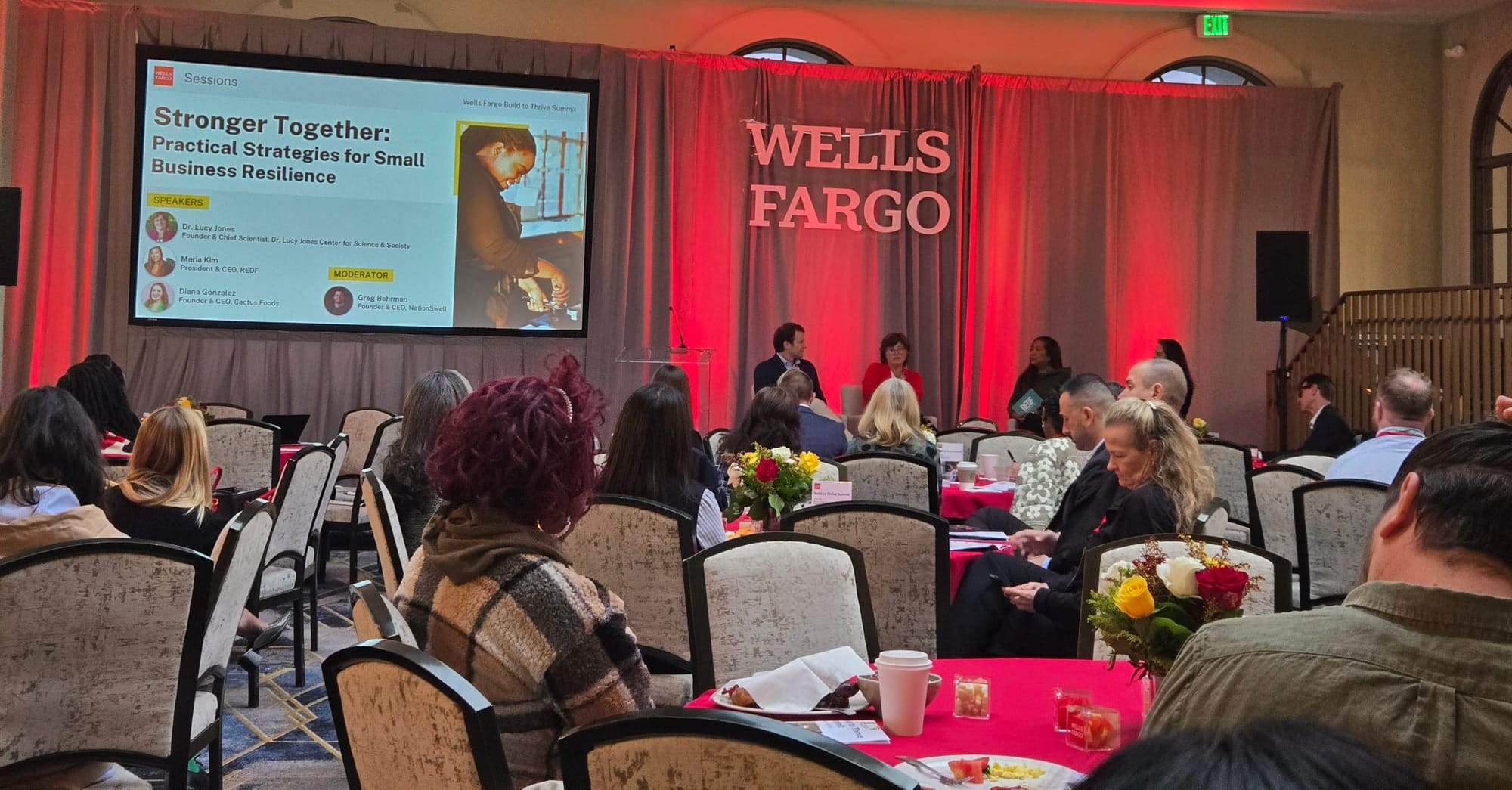
3. AI for Grants, Community Finance, and Equity
The next session focused on capital strategies, and one speaker immediately stood out: Beatriz Acevedo, CEO of Suma Wealth.
She leads a platform that provides AI-powered financial education, credit tools, and AI-driven grant matching for underrepresented communities.
Her opening line was unforgettable:
“My favorite capital is the kind you don’t have to pay back — non-dilutive capital: grants.”
She broke down how her AI system works:
- Aggregates federal, state, local, and nonprofit grant conditions
- Tags industries, eligibility criteria, demographics, and requirements
- Uses AI to interpret regulatory language and organize it
- Matches users and identifies missing requirements
- Builds AI tools to help draft proposal outlines
The parallels with our GovCon teaming service, Proact, were striking.
- Government + Funding + AI
- Regulations + Eligibility + Matching
- Data + Workflow + Documents
We’re working in different sectors, but within the same architectural universe.
Then she said something that stayed with me:
“Anyone can build AI. But not everyone can collect the right personalized user data. That’s the real moat.”
We later joined a roundtable and had a brief one-on-one conversation. Her mission is simple yet powerful:
“To empower small businesses that don’t know how to use AI, to use it confidently as a tool.”
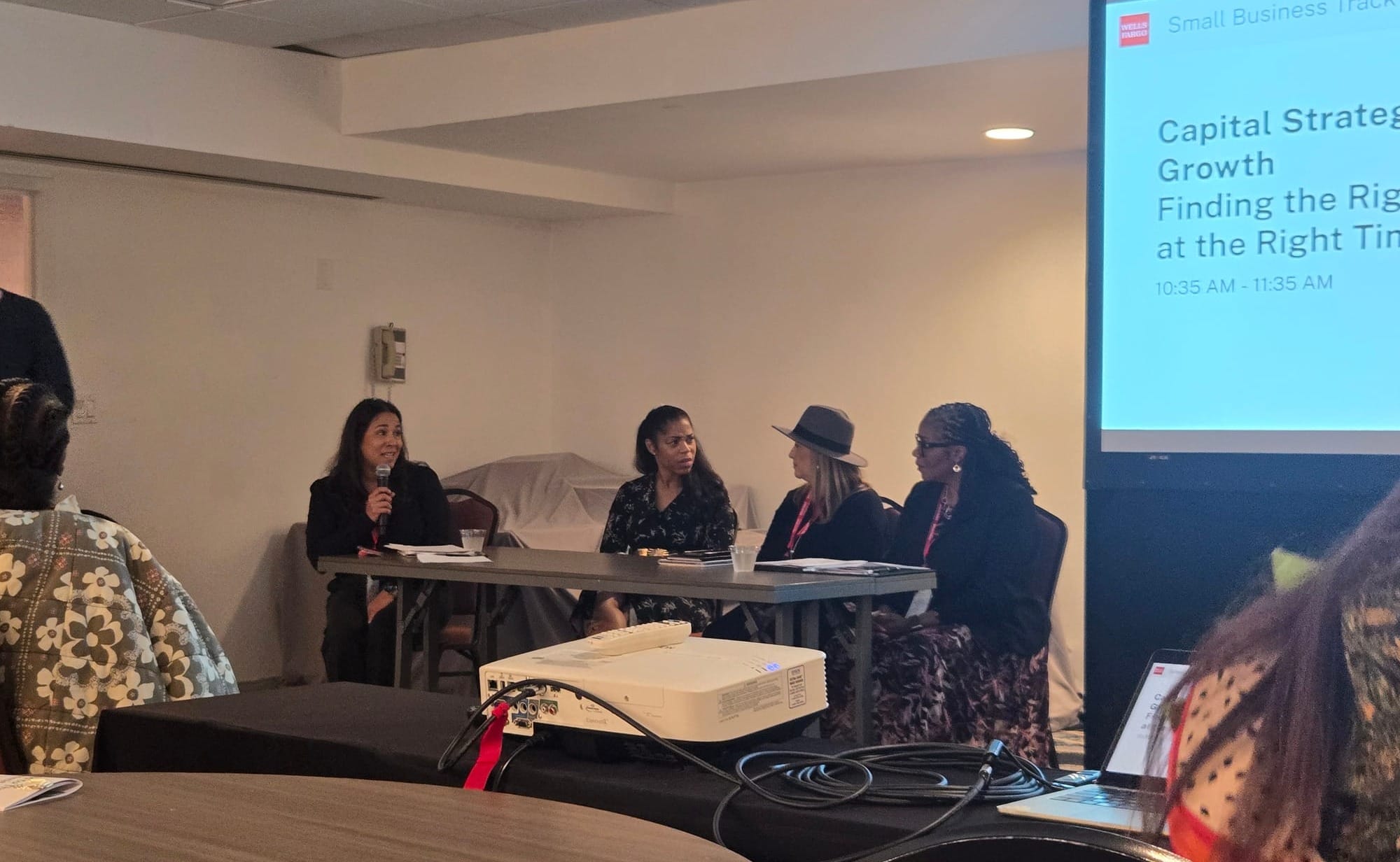
4. Behind the Scenes of "Public Procurement"
I had lunch with Kevin from PACE, the nonprofit that invited me to the event.
PACE operates ProcureLA, an educational and consulting program that helps small businesses navigate Los Angeles city procurement.
Kevin introduced me to Cristina, who manages procurement programs. After hearing what Proact is building, she immediately asked to schedule a meeting, which turned out to be a fortunate connection.
During lunch, I also met John Doe (name withheld), a senior member of a major regional Chamber of Commerce. He said something that struck me:
“Government procurement looks clean on the surface, but behind the scenes, human influence is everywhere.”
He shared a story about losing a county bid due to questionable last-minute actions by an incumbent vendor, even though his team was the strongest candidate. The award was later canceled, and the RFP was reissued.
I asked him whether small businesses should start with county or federal contracts.
I expected him to say county. He didn’t. His answer was federal.
Federal (pros):
- Strict oversight by auditors such as GAO and OIG
- Rule-based and transparent
- Violations trigger immediate investigation
- Long-term stability once you are in the system
County (pros and cons):
- Faster and more personal
- Heavily influenced by leadership changes
- Political shifts can overturn decisions overnight
Then he said something that perfectly captured the nature of public procurement:
“The system is not perfect. If you wait for perfection, you’ll never do business. Procurement is a game of rules and politics. You must understand both.”
He also mentioned that LA County is transitioning toward centralized procurement under ISD, a shift that is creating:
- Opportunities for new players
- Growing demand for automation and AI
- Resistance from incumbents
- Constantly evolving structures
For Proact, this transitional moment could represent a strategic entry point.
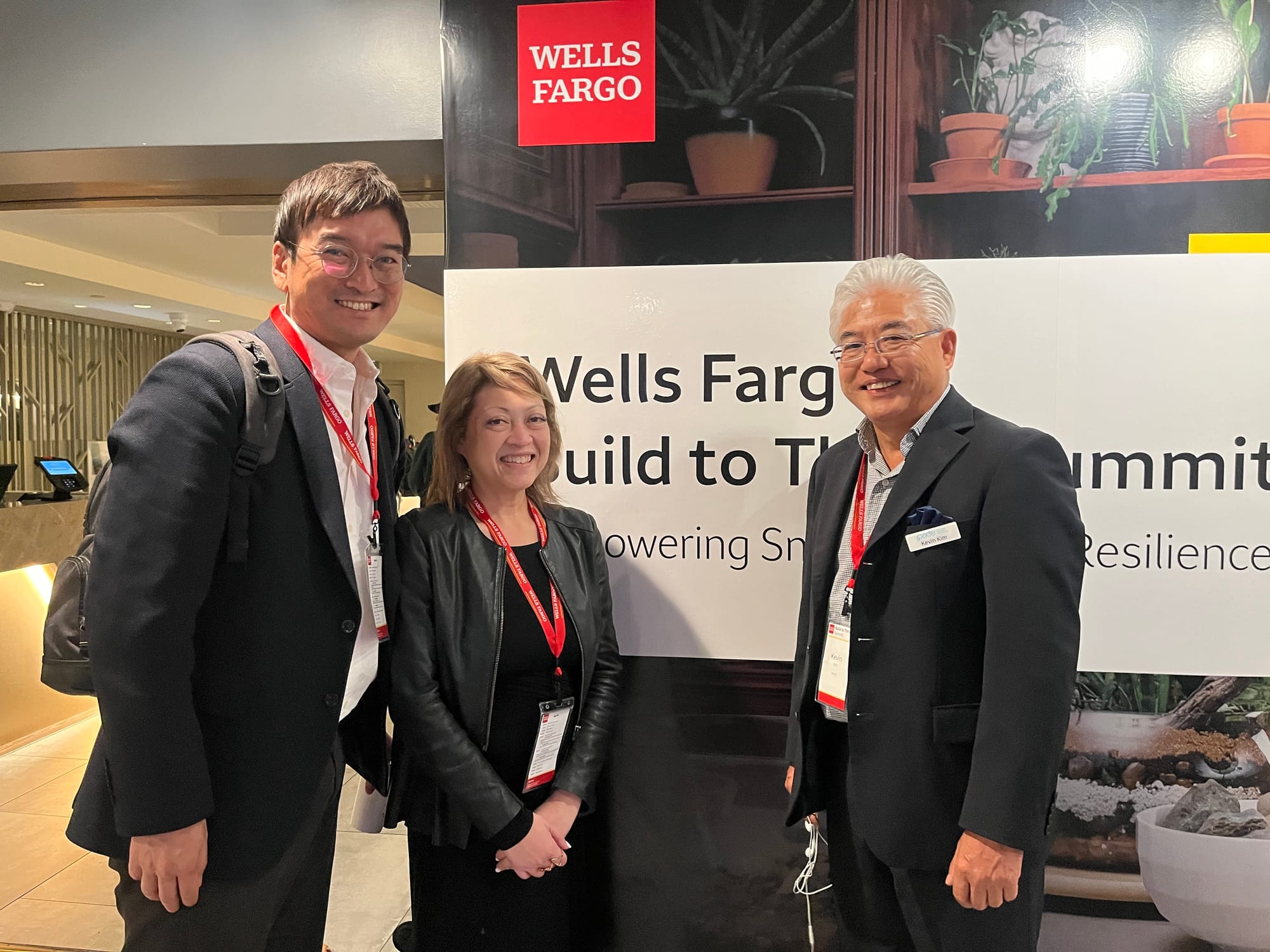
5. Chef Antonia and the True Meaning of Resilience
The final keynote wasn’t delivered by a banker or a politician, but by Chef Antonia, a well-known chef and entrepreneur from Los Angeles. It was the perfect way to end the day.
She shared her definition of resilience:
“Resilience is the instinct that tells you that even if you are thrown into the middle of the ocean with no boat and no swimming skills, you still find a way to reach land.”
She spoke about the real crises she faced:
- Restaurant closures during COVID
- Wildfires
- Market downturns
- Staff shortages
- Economic anxiety
And yet she adapted quickly.
Some of her pandemic pivots included:
- Turning her restaurant into a live-streaming studio
- Delivering four-course meals to 200 households
- Combining food with visual storytelling
- Creating new B2C and D2C business lines
- Successfully diversifying her revenue streams
What struck me most was her leadership philosophy:
“Honesty eliminates information gaps. When the team sees reality clearly, they stop feeling fear and start taking action.”
Her closing message to the entrepreneurs in the room was simple but powerful:
“Your business could disappear tomorrow. Accept that, and fight today. The moment you stop growing is the moment you start dying. That is the entrepreneurial spirit.”
It was raw, real, and deeply inspiring.
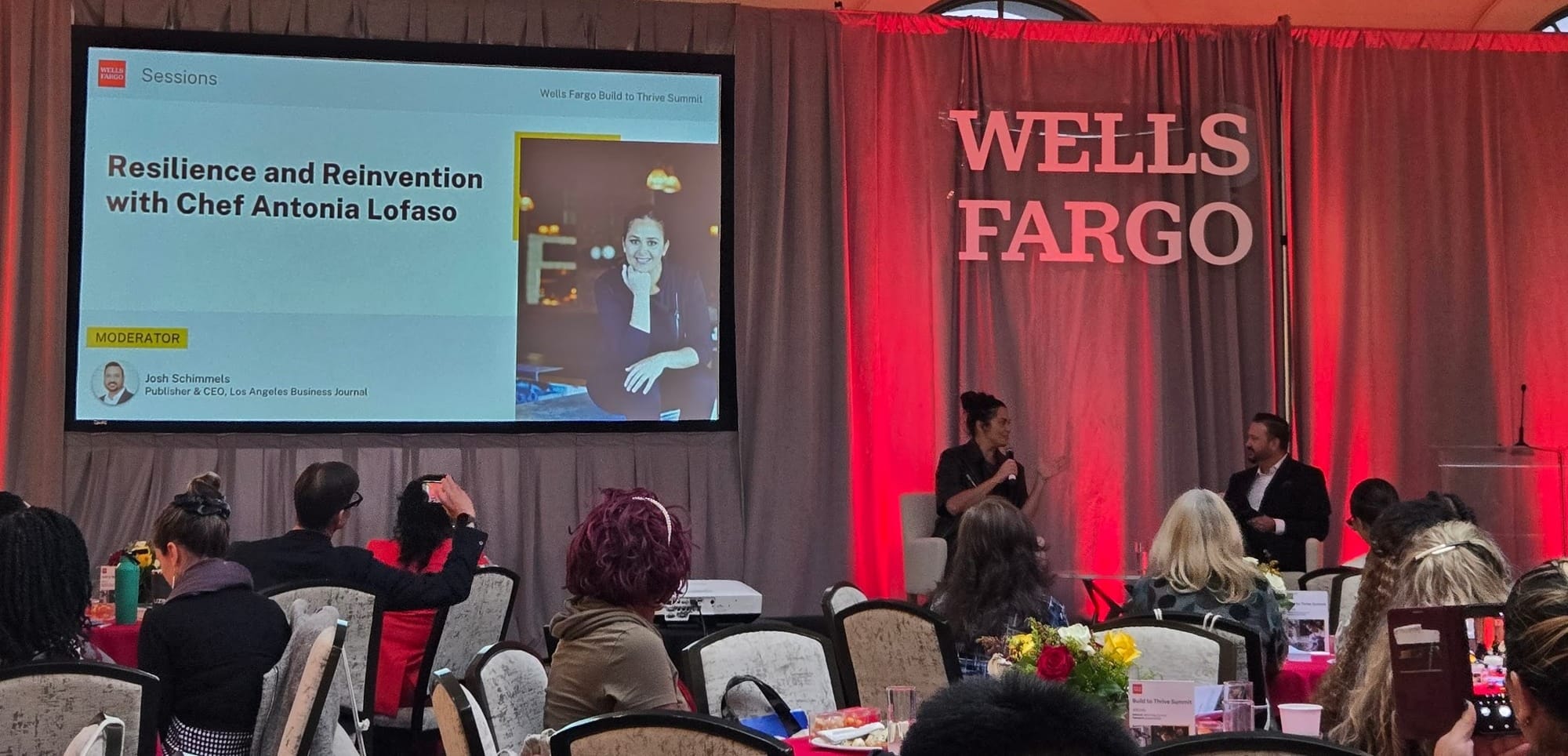
What I’m Taking Back With Me
This experience was a humbling education in:
- How small businesses think
- What they fear
- What they fight for
- What resilience truly looks like
- Why community matters
- And how government contracting fits into it all
More than anything, I felt genuinely connected to the real communities behind the numbers and policies.
- This is the market we aim to serve.
- These are the people we need to understand.
- This is where Proact must deliver real value.
And I’m grateful that I learned it not from reports or data, but from people on the ground, the ones actually doing the work.
